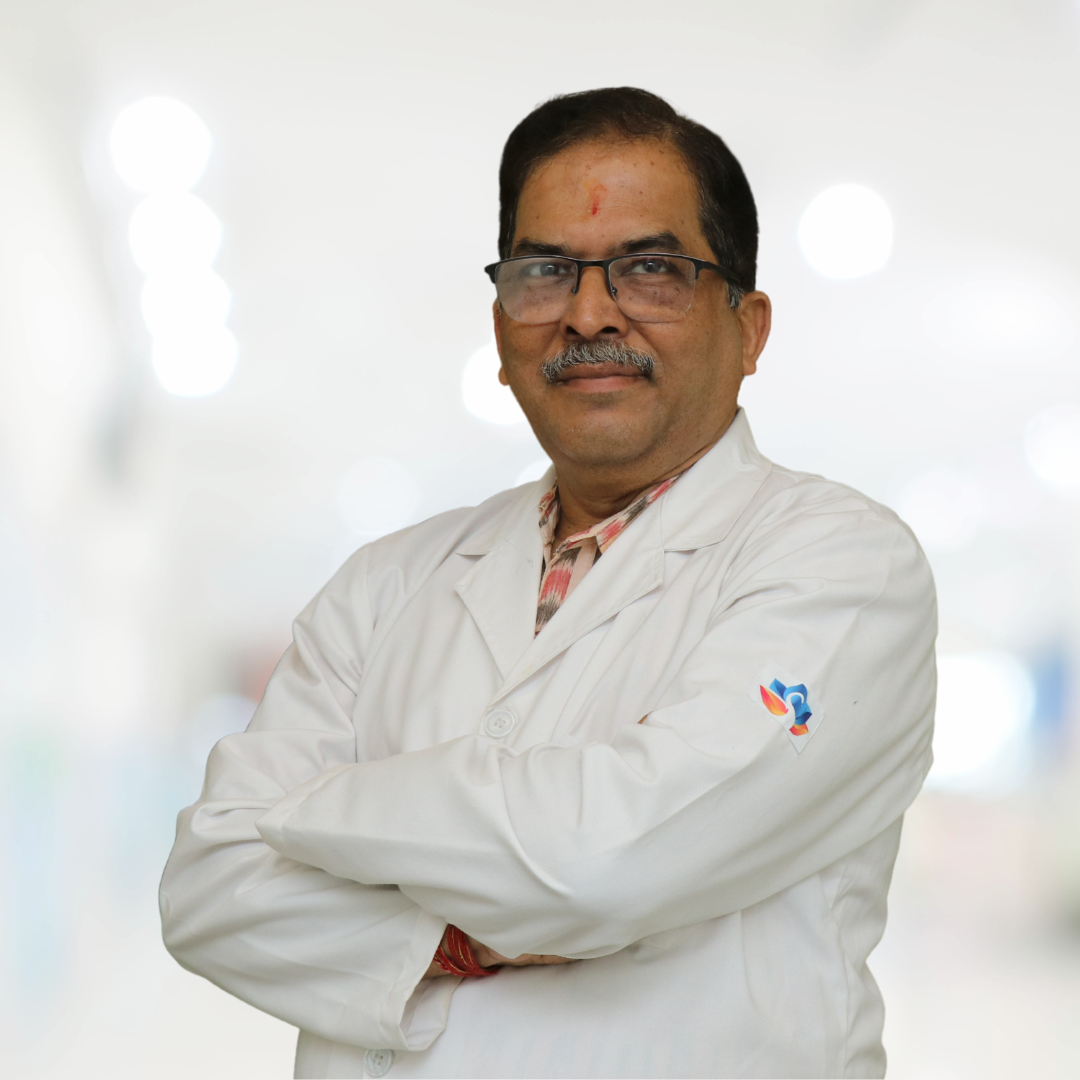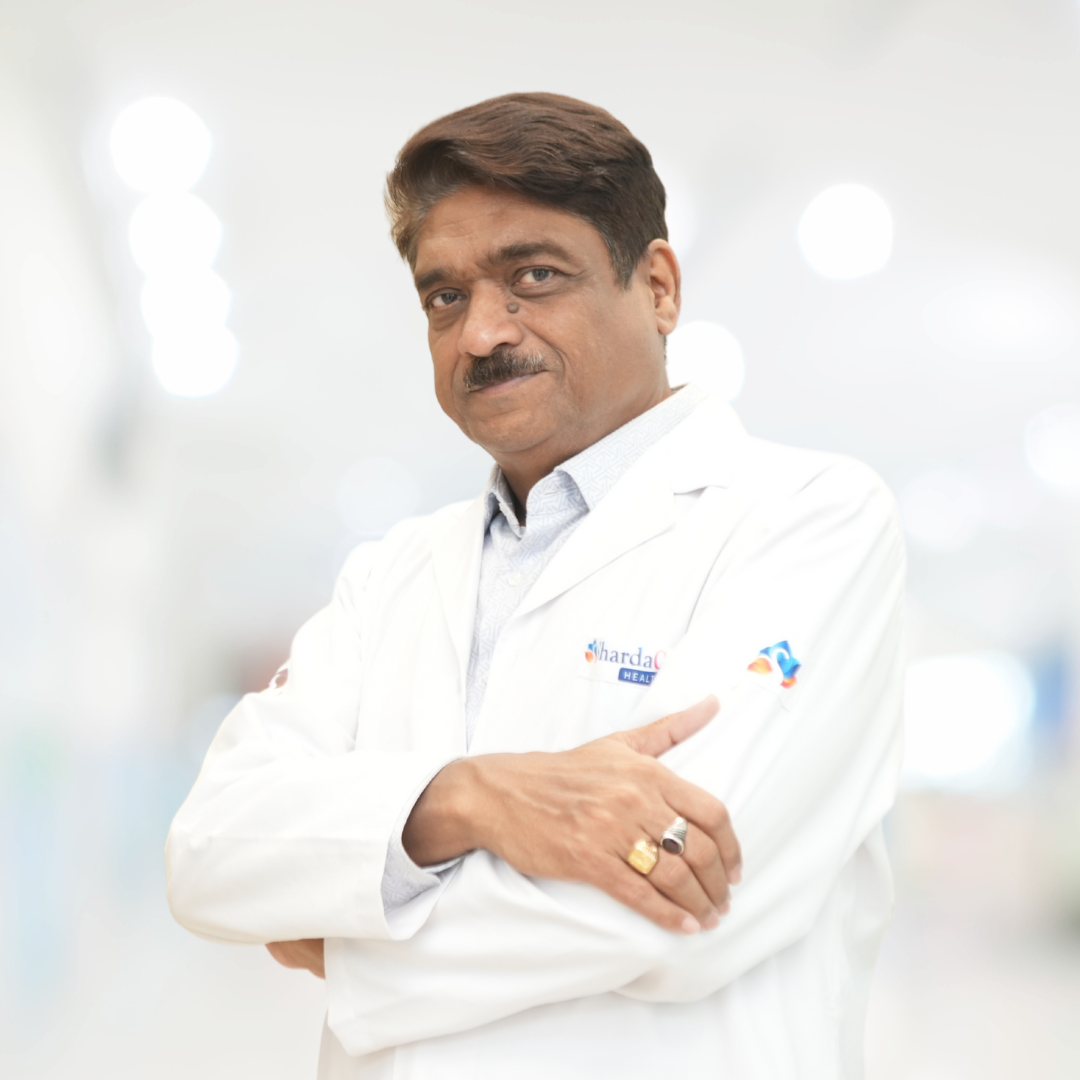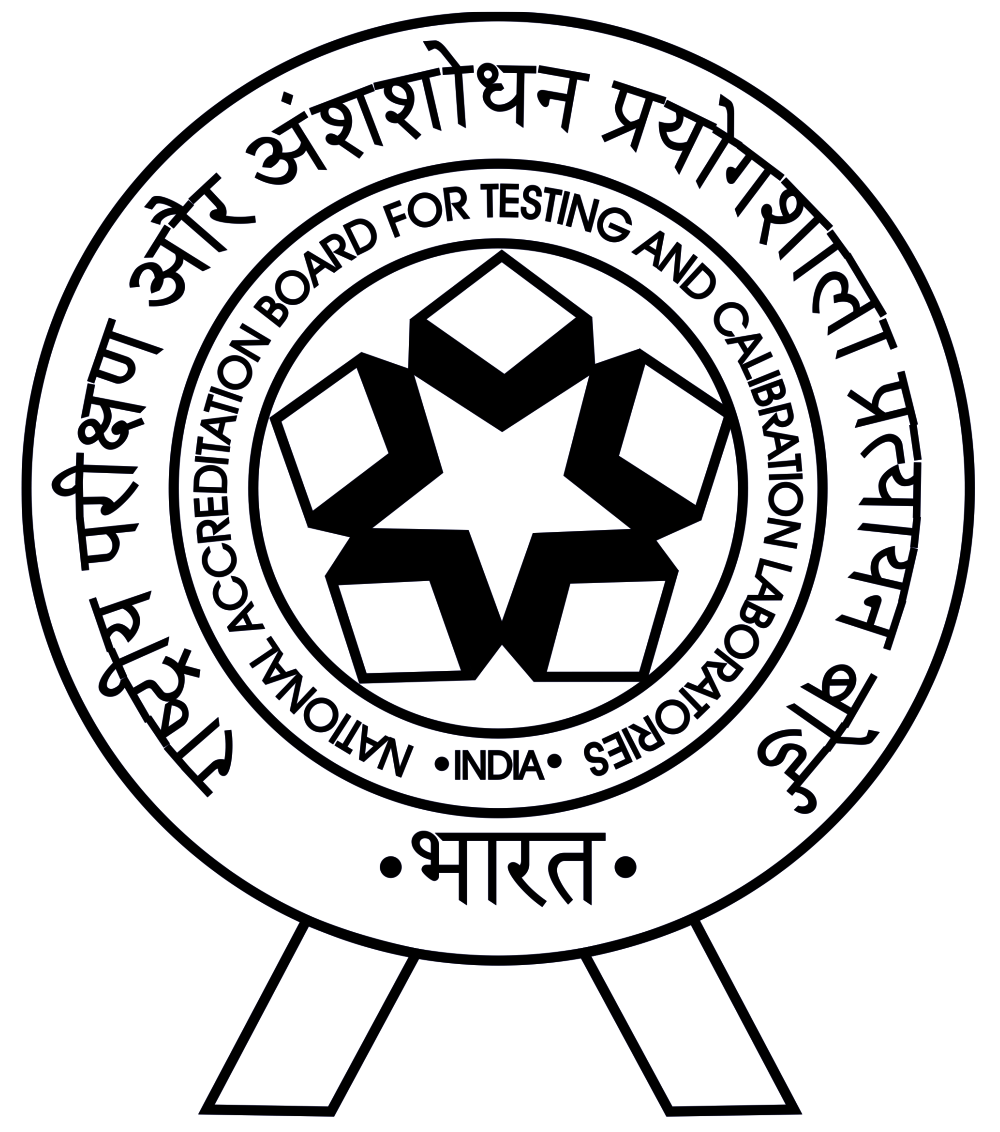
Nuclear Medicine
Nuclear Medicine Care at ShardaCare – Healthcity
Nuclear medicine is a speciality that uses small amounts of radioactive materials, known as radiopharmaceuticals, to diagnose and treat diseases. This field provides very informative details regarding the structure and function of organs and tissues, often identifying abnormalities sooner than other diagnostic methods. At ShardaCare - Healthcity, state-of-the-art technologies are combined to ensure accuracy in the diagnostic as well as therapeutic applications of nuclear medicine. ShardaCare - Healthcity applies a patient-centred approach along with multidisciplinary expertise to effectively manage a broad spectrum of medical conditions.
Common Nuclear Medicine Scans
Looking for an Expert
ShardaCare - Healthcity is home to some of the eminent Doctors in the world.
Book an Appointment















